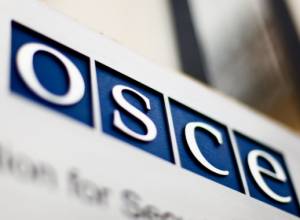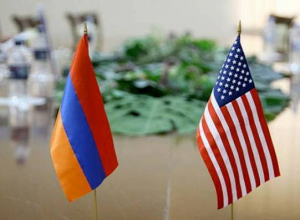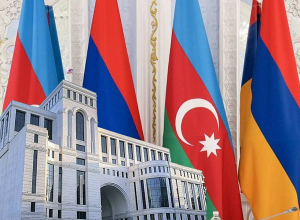48% of Armenians in Armenia have positive idea of European Union

The EU NEIGHBOURS east project, in collaboration with ACT LLC, carries out opinion polls in the six EU's Eastern Partner countries (Armenia, Azerbaijan, Belarus, Georgia, Republic of Moldova and Ukraine) on an annual basis. According to the 2018 survey, almost half of all citizens (46%) in the EU’s Eastern Neighbourhood have a positive image of the European Union, compared to just 13% who have a negative perception, while 63% believe EU relations with their country are good, with perceptions of the EU generally consistent compared to last year. The purpose of the annual surveys is to investigate and understand better the opinion and the level of awareness that the citizens of the EU's Eastern Partner countries have about the European Union and the EU cooperation with their country. They cover the following broad topics:
- General perceptions about the EU
- Values associated with the EU
- Assessment of EU relations with the home country
- Awareness of financial support provided by the EU and assessment of its effectiveness
- Sources of information
- Country evaluation and future expectations
- Pro-EU sentiments are rising in Armenia;48% of Armenians have a positive image of the EU, the same as in 2017.The number of persons with negative opinions of the EU is just 8%.
- 80% of Armenians (up 4% on 2017) feel relations with the European Union are good - well ahead of the regional average (63%).
- 70% of people in Armenia trust the EU (up 5% on 2017), while trust in the Eurasian Economic Union (48%) has declined.
- 69% of Armenians (up 4% on 2017) are aware of the EU’s financial support to the country, and two thirds feel that EU support is effective (66% - up from 62% in 2016 and compared to a regional average of 48% in the Eastern Neighbourhood countries).



